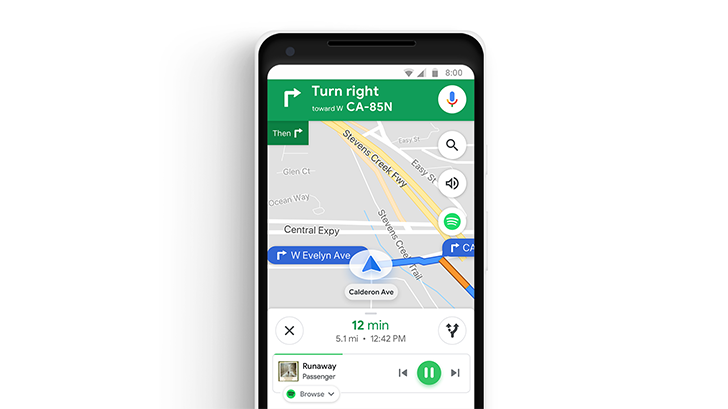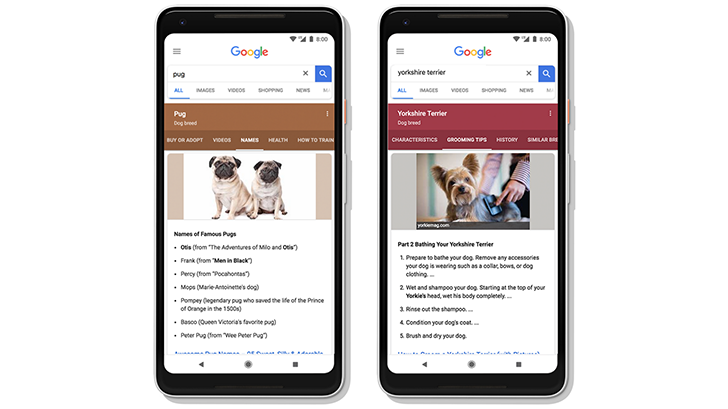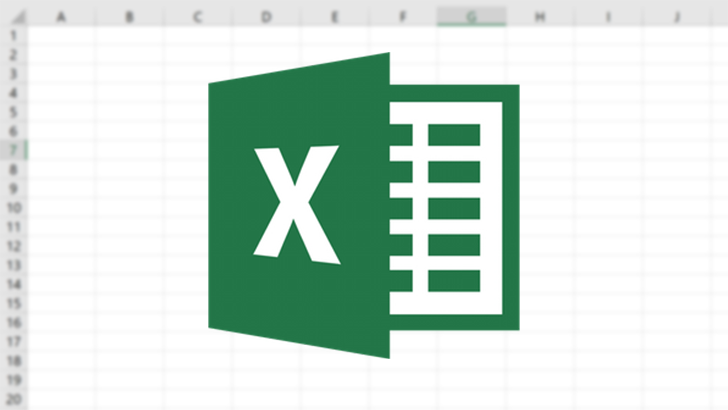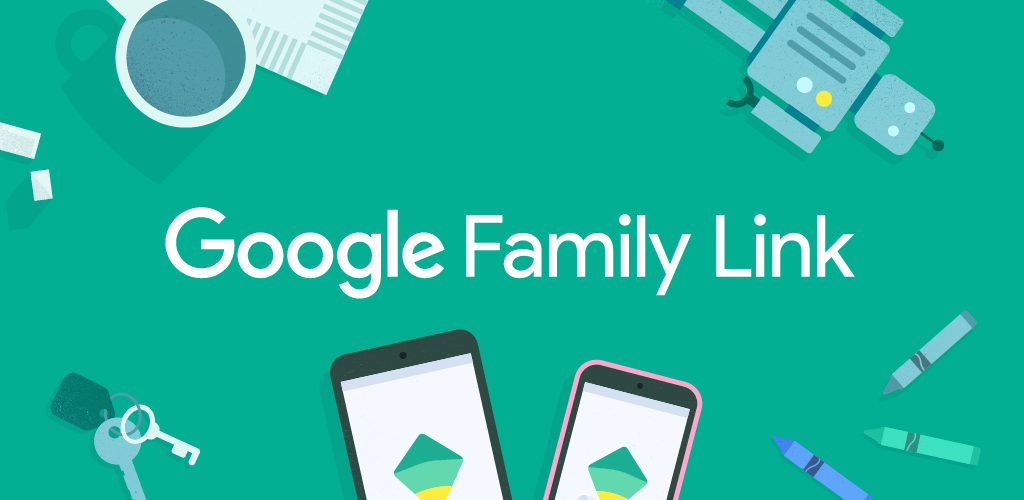
Rose Behar
Contributing since August, 2018
-
200articles
Page 8
Latest Articles

[Update: Official] Google accessibility tool Voice Access exits beta, improves Google Assistant integration

Read update
- Google has officially announced Voice Access, clarifying that the app is now available globally but only supports English commands, with more languages coming in the future.
Though the smartphone market is relatively mature (some might even say stagnant), there's been a notable lack of progress on accessibility. The simple fact is that not everyone can easily manipulate a smartphone or tablet's touchscreen, and there aren't a lot of cheap or free ways to make it easier. That's no doubt why, even in a low-profile beta, Google's voice command navigation app Voice Access climbed to more than a million downloads on the Play Store over the past two years. The app was also exceedingly popular on APK Mirror, where the original release was downloaded 1.5 million times. Now, the blockbuster accessibility tool has finally left beta with its latest update to 3.0, which also adds improvements to its integration with Google Assistant.

Google recently revealed new Search features that mark, in its words, a "fundamental transformation" in the way users look for and find content on the web. The updates all focus on a shift towards more tailored, personalized results. One major addition is activity cards, which surface pages you've already visited related to your current search. Another is a new "dynamic organization" of search results that provides users with relevant subtopics specific to their inquiry. For instance, when you search "pug," you see subtopics like "buy or adopt," "health," and "how to train" in a row along the top of the primary result. Building off this change, Google is now testing a scroll overlay that shows the subtopics as you scroll further down in results.

In a move that will surprise few at this point, Essential pushed out the latest Android 9 Pie release with October security patches within minutes of Google. Perhaps more exciting is the fact that with this update, the company is bringing back notch support.

Promptly on time, Google has released October's OTA files and factory images for the Pixels, as well as its general Android security bulletin for the month. At the same time, Verizon is pushing out the set of patches to Pixel users now. It's the second update to Android 9 Pie, and this time around there are no Pixel security patches — just a few functional patches including, most notably, what might finally be a fix for the 2016 Pixel fast charging bug.

Verizon boasts 'first on 5G' with an in-house residential solution only available to a small portion of customers

Verizon's done it. The carrier has launched its commercial 5G network, becoming a world leader in the next generation of wireless technology. Or so it says. The wireless operator (America's largest, by subscriber count) announced today that it is launching a 5G broadband internet service called "5G Home" in parts of Houston, Indianapolis, Los Angeles, and Sacramento — but its service is still quite limited, and it's not based on the formal global 5G standards.

Google Maps adds Commute tab, in-app controls for Spotify, Apple Music, and Google Play Music

In early September, we spotted Google Maps' new Commute tab — a section that takes over from the Driving and Transit tabs to provide a more robust view of your daily commute to work or school. That change is now rolling out globally on Android and iOS, along with several other updates to make routine travel easier, including in-app controls for three of the most popular music streaming apps — Spotify, Apple Music, and Google Play Music.

Since the advent of virtual reality hardware, there's been a drive toward wireless. But the dream of an exceptional VR headset that doesn't tangle isn't quite there yet — the performance and graphics quality can't compare to wired systems. Facebook's Oculus seems to believe it has cracked the code, though. At Oculus Connect 5 (OC5), the new all-in-one Oculus Quest headset debuted with the advertising copy: "This is the VR experience everyone's been waiting for." In addition to the new hardware, the VR headset maker announced that its mobile app now supports the Oculus Rift, and that Oculus Go will soon gain access to YouTube VR's full library.

Snapchat's Android overhaul is now rolling out to a wider audience, but some features are still missing

Snapchat's Android redesign started cropping up for some users a few weeks ago with the 10.40 beta. By switching on "Snapchat Alpha" in settings, users were able to gain access to the new, much smoother version of the app, announced roughly a year ago in November 2017. The overhauled Android Snapchat was built from the ground up to replace the current app, which has long faced criticism for slow, choppy performance. However, not everyone was able to get it at the time. Now, tips from our readers indicate the alpha is rolling out to a wider audience.

Real-time detection in the Google Lens app began rolling out in May 2018, but it's still not possible to use the tool in real-time just by opening up the basic Google Camera app. That won't be the case for long, though, according to a new leak that shows Lens running by default in the Pixel 3's camera. In a video published (then quickly unpublished) by a tipster, the standard Google Camera clocks an email address on a business card, then a pop-up suggests copying that address over to Gmail.

If you use Instagram's mobile web app, then you've likely been waiting patiently for the addition of notifications since it launched in the first half of 2017. That wait is finally over. Now, Instagram users who log in from Chome can turn on notifications for when they get new followers, likes, or comments. The change also applies to Instagram Lite, which is still in testing, and more or less a wrapper of the mobile site.

Google Search undergoing 'fundamental' shift towards more tailored, personalized results — but will that hurt discovery?

With the growing commercial use of AI, the platforms we use daily are becoming more and more customized. When a social media platform recommends the best content for you, it's distilling out things that you don't like — providing you with that infamous echo chamber effect. Of course, this isn't constrained solely to social networks. Google Search uses AI, as well. In fact, the tech giant has just announced that it's adding several "intelligent" recommendation features to its original product, with a focus on what it calls "longer [search] sessions," that span multiple days. In the announcement blog post, Google calls this a "fundamental transformation" — but is it one that could harm the discovery of different sources and viewpoints?

New feature in Microsoft Excel app for Android turns photos of data tables into spreadsheets

Microsoft's annual Ignite conference kicked off today in Orlando, bringing with it a number of product announcements primarily directed at IT and enterprise customers. However, there are a few updates that are also of interest to Android Police readers, including a new Excel app feature that turns a picture of a data table into a spreadsheet. The Redmond, Washington-based tech giant also announced a search tool that spans across most of its products and some Microsoft Teams updates.

MetroPCS becomes Metro by T-Mobile, introduces new $60 unlimited plan with Amazon Prime and Google One

The last several months have been busy for T-Mobile. There are the ongoing merger machinations with Sprint, a new customer support model, and some 5G announcements thrown in for good measure, too. But the carrier has more up its magenta sleeves: it announced today that sub-brand MetroPCS is becoming Metro by T-Mobile, and gaining some new plans. The refreshed offerings include unlimited data and, at the $60 tier, Google One and Amazon Prime.

Despite rumors that Samsung considered shelving its popular J series for the Galaxy A line, the company added two new J additions today: the Galaxy J6+ and J4+, available in India starting September 25th. These latest handsets feature an all-glass finish, side fingerprint sensor, and a new Bitmoji-like "Emotify" feature.

Comcast's Xfinity Stream app, one of the cable company's main plays for a digital audience, offers customers access to live TV and on demand content (plus DVR recordings, for X1 or Instant TV Cloud subscribers), from their Android, iOS or Amazon device. In the recent 5.0 update to the platform, the company added the ability to watch and download rentals to the app, as well as the option to rent and buy directly through the app. A few other upgrades came along with 5.0 as well, but so far the update hasn't stemmed the poor to middling reviews for the service.

Android phones in the US can now provide accurate location data directly to emergency services

The location-finding capabilities of US emergency services are woefully inadequate, this much is known. What makes it all the more tragically ironic is that the very devices most often used to call 911 — smartphones — contain exceedingly accurate location data. How hard could it be to use that data for such an important purpose? Hard enough that it took Google until just now to expand its faster, more accurate Emergency Location Service (ELS) to the US. But, hey, at least it's finally here, and Google reports that it's already saving lives.

Dead Zebra has a brand new Android Mini set for the commemorative collectors out there, and this one looks especially delicious. Dead Zebra's newest Minis are just in time for the Mid-Autumn Festival, a harvest celebration primarily celebrated in China and Vietnam. The mooncake, usually filled with red bean or lotus seed paste, is a hallmark of the festival, so Dead Zebra has crafted the tops of four Android Minis to look like the pastry — with added antenna and a biscuit-like body, of course.

Early glimpse at Android Pie with Samsung Experience 10 reveals 'night theme,' new gesture control

Since Samsung isn't exactly known for lightning fast updates, it's always a welcome surprise to see details of a new build ahead of time. XDA Developers, working with OTA firmware download tool Firmware.science, has managed to provide us with just that by installing a test build of the Samsung Experience 10 update based on Android 9 Pie for the Samsung Galaxy S9+. The development build, while not polished, reveals a fairly large design overhaul with a focus on rounded edges. Among the most compelling new features: a 'night theme' and new gesture and motion options.

Google just struck a deal with a major auto alliance to run Android on millions of future cars

Google's been at work on infiltrating the automotive industry for a long time. It's managed to wedge its foot firmly in the door with Android Auto, which runs on a wide range of in-market cars from popular brands — but that was never the ultimate goal. After all, Android Auto essentially just mirrors features from an Android device to car's infotainment system, it's not Android running on a car. The latter, more desirable implementation is (somewhat confusingly) called Android Automotive. The Mountain View tech giant showed off its ambitions for this platform at I/O 2018. Now, it's clear the hype was justified; Google has announced a partnership with massive carmaking alliance Renault-Nissan-Mitsubishi to run Android Automotive-powered infotainment systems in millions of cars beginning 2021.

Family Link, Google's set of parental management tools for their children's Android accounts, has received positive feedback since its U.S. launch in September 2017, leaving parents in unsupported countries eagerly awaiting the service. Thankfully for them (or at least, most of them), the wait is soon to be over, now that Google has announced it will roll Family Link out to "nearly every country in the world" over the coming days.
